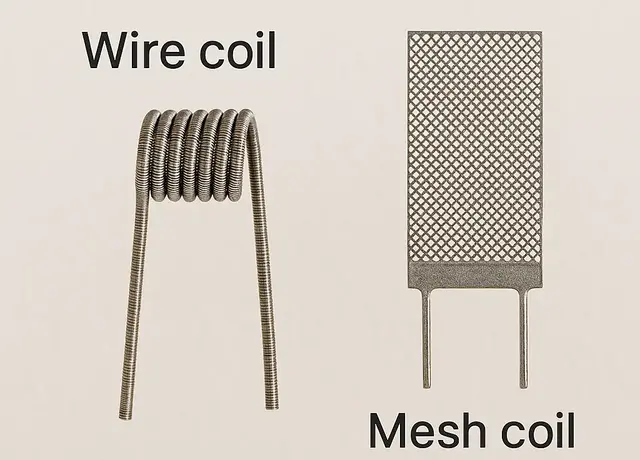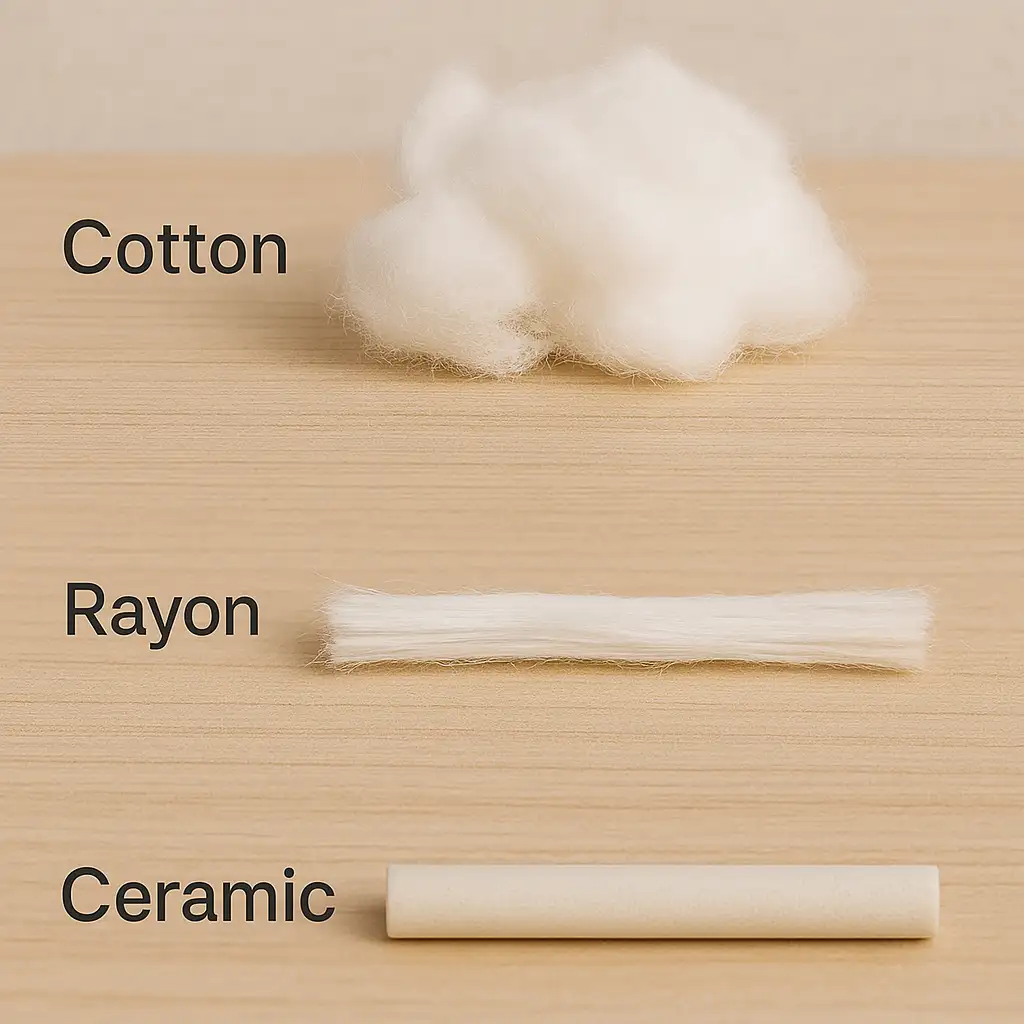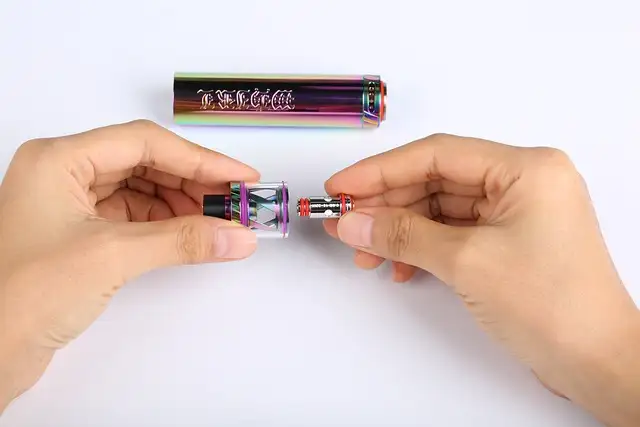The Propylene Glycol we use to make our Custom Canadian E-liquid is 100% pharmaceutical grade. We use a 3:1 ratio of propylene glycol to vegetable glycerin, and have just launched a new Vegetable Glycerine based e-liquid line.
Propylene Glycol is the primary ingredient in the majority of e-liquids and e-cigarette cartridges on the marketplace today. Most e-liquid contains at least 80% and as much as 92% propylene glycol. This is the ingredient that produces the smoke-like vapor when the e-cigarette is exhaled.
Propylene Glycol is approved by Health Canada for use in various forms in Canada. These include items injected, applied topically, and inhaled. Products with Propylene Glycol can be found in various common items around your house. A few examples include:
- Pharmaceuticals – Oral, inject-able and topical formulations
- Beauty products including makeup, mousse, shampoo, bubble bath, after shave, and deodorant
- baby wipes
- Pet food
- Asthma inhalers
When propylene glycol is injected, it is metabolized in the human body into pyruvic acid (a normal part of the glucose-metabolism process, readily converted to energy), acetic acid (handled by ethanol-metabolism), lactic acid (a normal acid generally abundant during digestion) [9] , and propionaldehyde. Because of its low chronic oral toxicity, propylene glycol was classified by the U. S. Food and Drug Administration as “generally recognized as safe” (GRAS) for use as a direct food additive. Citation
Propylene Glycol Studies
The following is the abstract from a study done by the following doctors: O. H. ROBERTSON, CLAYTON G. LOOSLI, THEODORE T. PUCK, HENRY WISE, HENRY M. LEMON and WILLIAM LESTER, JR. It is entitled: TESTS FOR THE CHRONIC TOXICITY OF PROPYLEXE GLYCOL AND TRIETHYLENE GLYCOL ON MONKEYS AND RATS BY VAPOR INHALATION AND ORAL ADMINISTRATION. Citation
“With a view to determining the safety of employing the vapors of propylene glycol and triethylene glycol in atmospheres inhabited by human beings, monkeys and rats were exposed continuously to high concentrations of these vapors for periods of 12 to 18 months. Equal numbers of control animals were maintained under physically similar conditions. Long term tests of the effects on ingesting triethylene glycol were also carried out. The doses administered represented 50 to 700 times the amount of glycol the animal could absorb by breathing air saturated with the glycol.
Comparative observations on the growth rates, blood counts, urine examinations, kidney function tests, fertility and general condition of the test and control groups, exhibited no essential differences between them with the exception that the rats in the glycol atmospheres exhibited consistently higher weight gains. Some drying of the skin of the monkeys’ faces occurred after several months continuous exposure to a heavy fog of triethylene glycol. However, when the vapor concentration was maintained just below saturation by means of the glycostat this effect did not occur.
Examination at autopsy likewise failed to reveal any differences between the animals kept in glycolized air and those living in the ordinary room atmosphere. Extensive histological study of the lungs was made to ascertain whether the glycol had produced any generalized or local irritation. None was found. The kidneys, liver, spleen and bone marrow also were normal.
The results of these experiments in conjunction with the absence of any observed ill effects in patients exposed to both triethylene glycol and propylene glycol vapors for months at a time, provide assurance that air containing these vapors in amounts up to the saturation point is completely harmless.
*Note: Bolding in Studies added for emphasis of the results.
Health Canada on Propylene Glycol:
According to the Health Canada website, “…there are no endpoints of concern for oral, dermal or inhalation exposure to propylene glycol based on the low toxicity observed in studies near or above testing limit doses. Based on this, the USEPA did not conduct any quantitative human health risk assessments and concluded that exposure does not present a human health risk of concern.” Citation
Health Canada also permits Propylene glycol for use as a food additive. Citation
Propylene Glycol Allergies & Side effects
Allergies
The risk of being allergic to propylene glycol is very low, but some investigators believe people with eczema have a >2% chance of developing allergies to propylene glycol. If you have or have had an allergy to propylene glycol, it is very likely that you would already know about it, as such a large number of products that most of us use on a daily basis contain propylene glycol, such as deodorant, shampoo, and hair and skin products. The few people who have an irritation towards propylene glycol have found success using Vegetable glycerin as an alternative to propylene glycol in their e-cigarettes.
Side Effects
The most commonly noted side effect of inhalation of e-liquid containing propylene glycol is a dry mouth, sore throat, and increased thirst. These symptoms usually last anywhere from a few days to a week, as the body gets used to the propylene glycol. These symptoms can be alleviated by drinking more water and liquids than usual for the first few weeks of using your e-cigarette.
If you are moving from smoking traditional cigarettes to e-cigarettes, you will find there are many side effects of quitting smoking tobacco products. It is very easy for a new user of an e-cigarette to incorrectly attribute these quitting smoking side effects to the e-cigarette, when in fact they are likely the result of your body’s reaction to quitting smoking tobacco cigarettes. Side effects of quitting smoking include Bad breath, stomach pain, nausea, constipation, increased appetite, skin breakouts, increased coughing, insomnia, depression, vagueness, irritability, gas, dry throat, nasal drip, dizziness, and vertigo. Many of these side effects of quitting smoking will be reduced by using the e-cigarette. Personally, I was nearly symptom-free when I made the switch from tobacco cigarettes to e-cigarettes, but I did notice my throat was often dry, and for a few days I woke up with a sore throat.
We sell 100% USP grade Propylene Glycol on our Canadian electronic cigarettes store! You can buy your propylene glycol with no nicotine, or with 20mg/ml nicotine.
This website is intended for informational purposes only. It is not a substitute for professional medical advice, diagnosis or treatment. Never ignore professional medical advice in seeking treatment because of something you have read on the CanadaVapes.com Site. If you think you may have a medical emergency, immediately call your doctor or dial 911.









